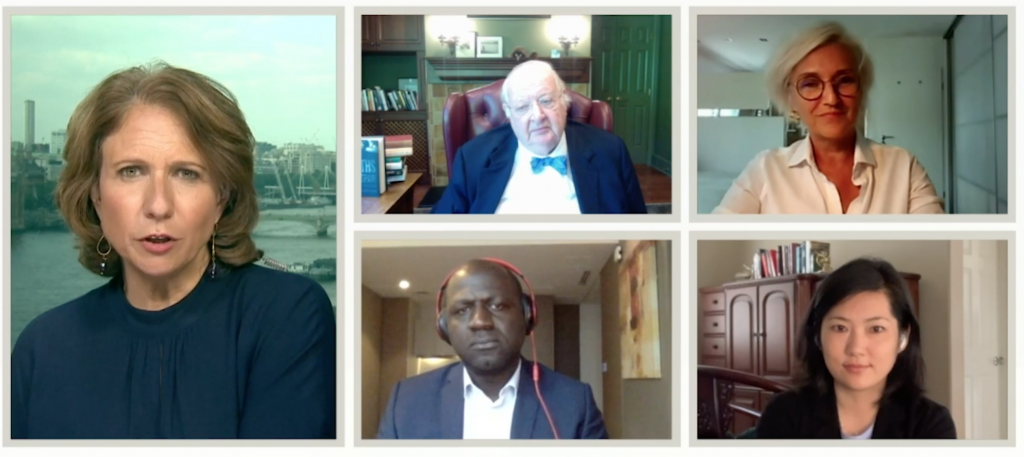For the Back to Health: Making Up for Lost Time (watch now) was held on 23rd June 2021. You can view a snippet.
Ahead of the conversation, I shared some thoughts for PS Say More.
Project Syndicate: At the Back to Health event, you will participate in a panel on the economics of universal health coverage. You have argued that Africa needs to shift from donor- to investor-funded health-care programs. To attract the needed investment, new innovations must reflect a “fundamentally new approach to health care, which integrates it with financial inclusion, social protection, and employment opportunities.” What steps should governments take to spur the market-creating, investment-driven approach you have in mind?
Carl Manlan: As the pandemic has made clear, health is a powerful determinant of socioeconomic development. Countries’ ability to push through headwinds – or recover lost ground – depends on their ability to draw a line connecting the health of their people to the health of their economies . This means that better health must be regarded not as a positive potential upshot of structural transformation, but as a pillar of economic-recovery plans.
In Africa’s case, this should come in the form of efforts to enable market-creating innovations in health care. Such efforts must include investment in physical infrastructure and human capital. They must also include measures to improve the business environment for micro, small, and medium-size enterprises (MSMEs), thereby enabling them to expand their market access and boost employment along value chains, especially in the agricultural sector.
PS: You have highlighted the centrality of the informal economy to Africa’s economic development and to crafting an effective COVID-19 response. How should the dominance of the informal economy inform efforts to build strong health-care systems that serve all Africans?
CM: Most fundamentally, governments must build resilience with the majority in mind. They must recognize that the strength of a country’s socioeconomic fabric depends significantly on the ability of MSMEs not only to survive, but to thrive – and not to have to risk their survival when they invest in growth.
To this end, one crucial step is for countries to leverage technology to shift cash-based transactions to digital financial-services platforms. This implies the provision of supplemental resources that enable the expansion of market access.
If MSMEs are prospering, their owners and employees are more likely to have the means to plan and prepare for their future, including by ensuring their own financial and physical health. They would not have to sacrifice their longer-term welfare to survive economically from day to day.

